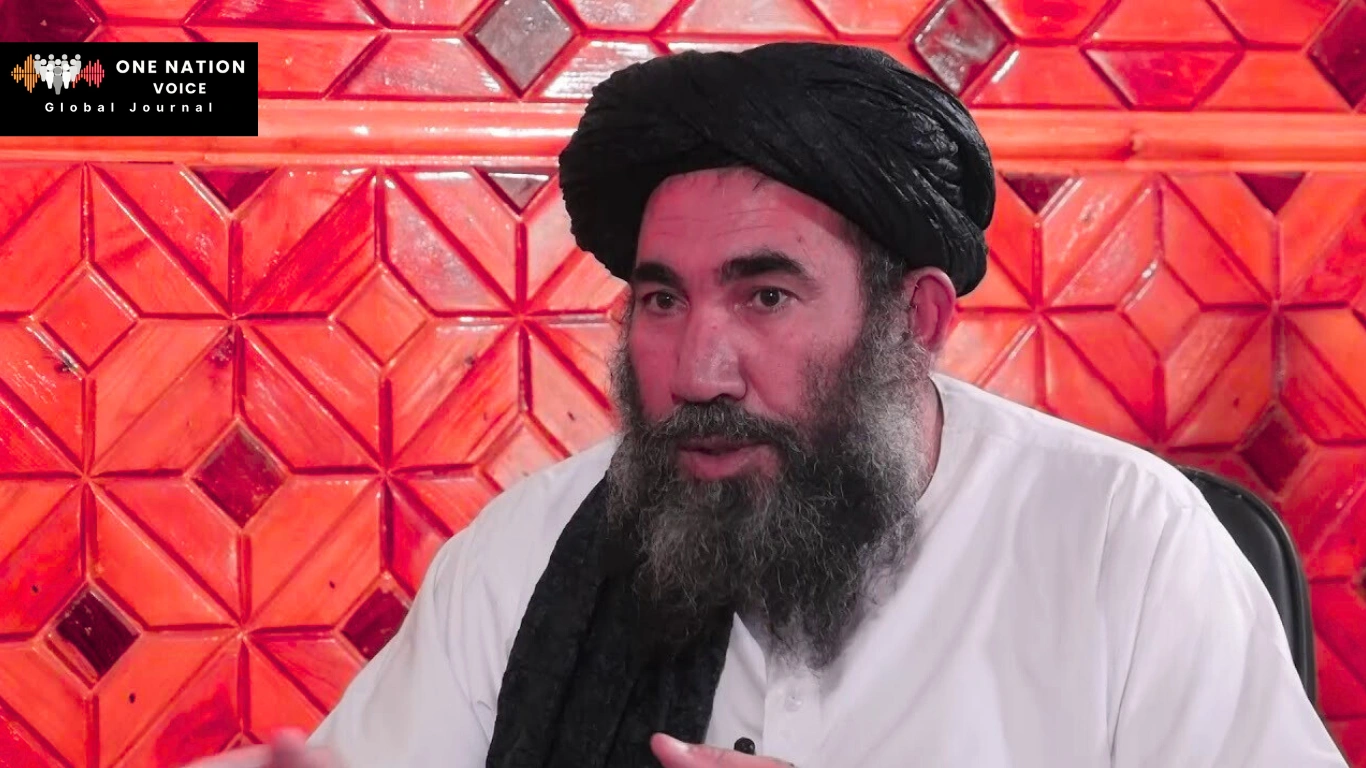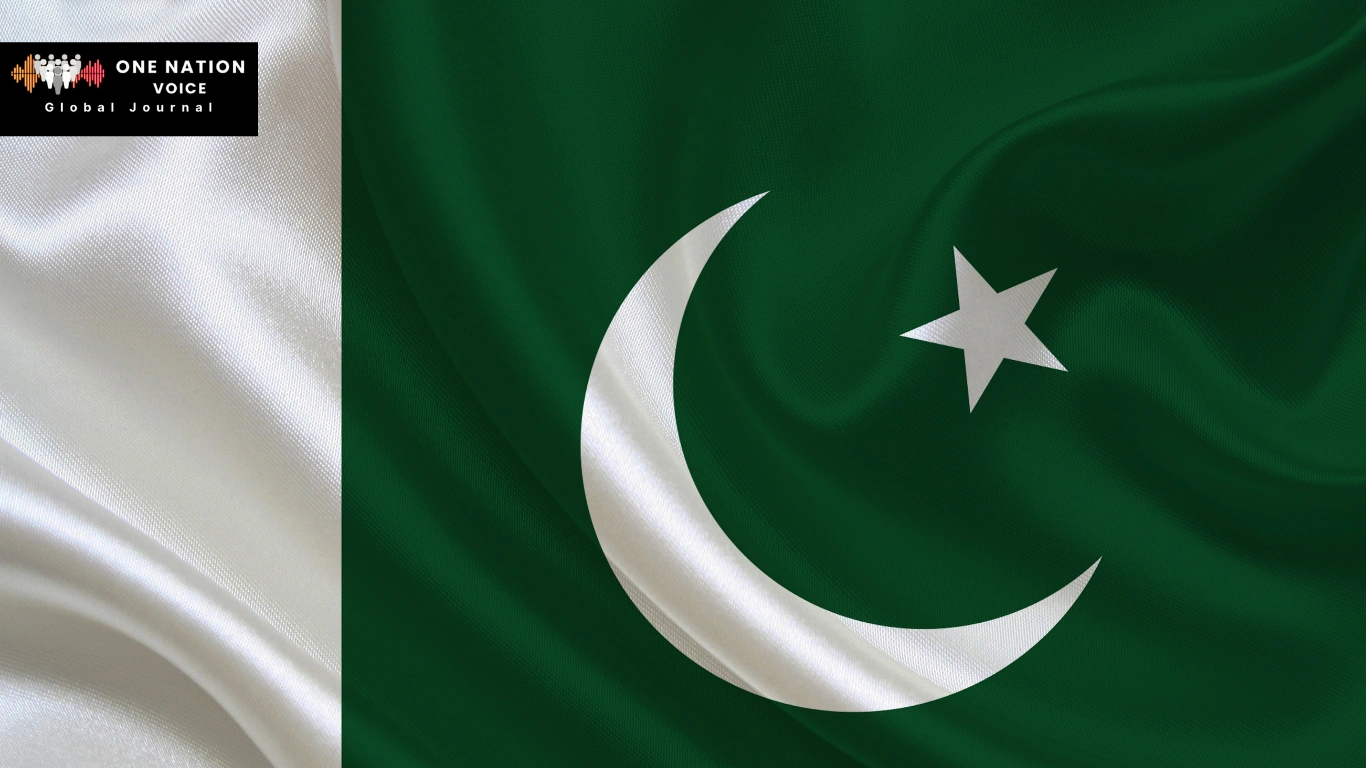Revisiting The Mullah Zaeef Controversy And Pakistan’s View

Revisiting The Mullah Zaeef Controversy And Pakistan’s Perspective
There has always been controversy and misinformation surrounding the story of Mullah Abdul Salam Zaeef, the former Taliban ambassador to Pakistan. Critics have long accused Pakistan of betraying him by handing him over to the United States after the Taliban government collapsed in 2001.
Recent disclosure by General (Retd) Ehsan ul Haq, as told by one of the oldest journalists, Tahir Khan has provided a very different image, that is based on facts, not on conjecture.
Post 9/11
The Taliban government was not officially recognized by the Pakistani government. This took place when Taliban rule crumbled in defeat after the US led invasion of Afghanistan. However, Mullah Zaeef remained in his Islamabad residence despite losing his diplomatic status. This situation placed Pakistan in an embarrassing position. Foreign diplomats and journalists began to question why a member of a defunct regime was still residing in an official residence in the capital.
Moreover, General Ehsan also claimed that Zaeef used to talk to foreign media. These talks and comments not only embarrassed Pakistan but also strained its relations with other countries. This was the time when Islamabad was under intense pressure. Therefore, diplomatic management became more difficult with Zaeef, taking such actions.
What Pakistan Has Done To Manage The Situation?
Back stage, the Ministry of Foreign Affairs in Pakistan had engaged in months of peaceful negotiation to save the situation. Both the official and informal channels informed Zaeef that he was free to stay in Pakistan as a normal Afghan citizen. It is just the way the millions of other Afghan refugees had been seeking shelter in Pakistan over the decades. Yet, the only request made was for him to vacate his diplomatic residence, as his status as ambassador no longer held validity. However, Zaeef refused, despite repeated offers to relocate him elsewhere in Pakistan. He insisted on retaining his diplomatic residence and position, both of which were no longer recognized under Pakistani and international law.

Deportation Not “Handover”
General Ehsan helps to understand that there was no occasion when Mullah Zaeef was handed over to the Americans by Pakistan. This is the main difference that has been widely ignored. When it was observed that he would not collaborate, legal action was taken against him. However, he was sent to Afghanistan via Torkham border. Even on his way to the border, Pakistani authorities requested him one more time whether he wished to stay in Pakistan as a citizen of Pakistan. Zaeef refused and demanded his terms. Moreover, Zaeef was arrested upon entering the territory of Afghanistan and later given to the custody of the US.
The handover, from Afghan to American custody did not occur in Pakistan but within Afghanistan itself. Under Islamabad’s laws, Pakistan’s role was limited strictly to deportation.
Corrupted Accounts
Mullah Zaeef wrote a book in India, years after leaving Guantanamo Bay. He accused Pakistan of betrayal and made his deportation sound like a personal vengeance. However, he skips some important points i.e. the nature of the negotiations, the legal limitations that Pakistan had to work with, and his own unwillingness to go along with justifiable demands. General Ehsan’s clarification restores the truth on an event that has long been misrepresented.
It challenges the unfair portrayal of Pakistan’s actions during one of the most turbulent periods in its modern history. Interestingly, despite global pressure, Pakistan had not repatriated a single Afghan refugee among the millions residing there.
Why It Matters Today?
This is not merely the case of one man, Mullah Zaeef, but an example of how national decisions is gradually transformed into myths over time. In 2001, Pakistan had to juggle internal and external demands, combating terrorism, stability, a huge refugee population, and scrutiny of the world. In this context, it did not betray Zaeef but rather it was the diplomatic restraint and international law compliance. Deprived of his propaganda, reminded by the words of General Ehsan, history often appears different. Pakistan maintained a careful balance between its sovereignty and international obligations while navigating a highly complex situation involving Mullah Zaeef.
The views and opinions expressed in this article are exclusively those of the author and do not reflect the official stance, policies, or perspectives of the Platform.








